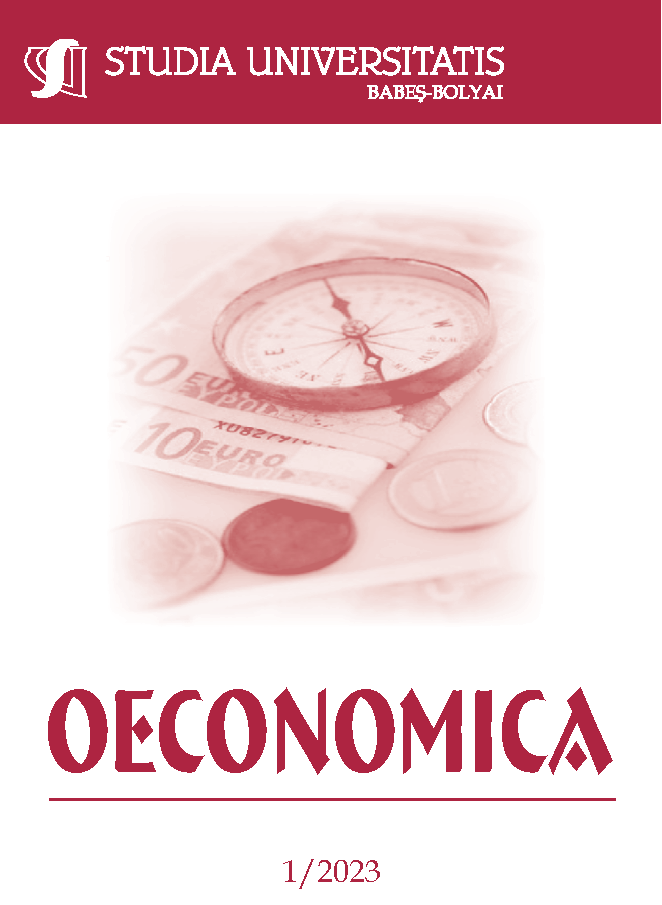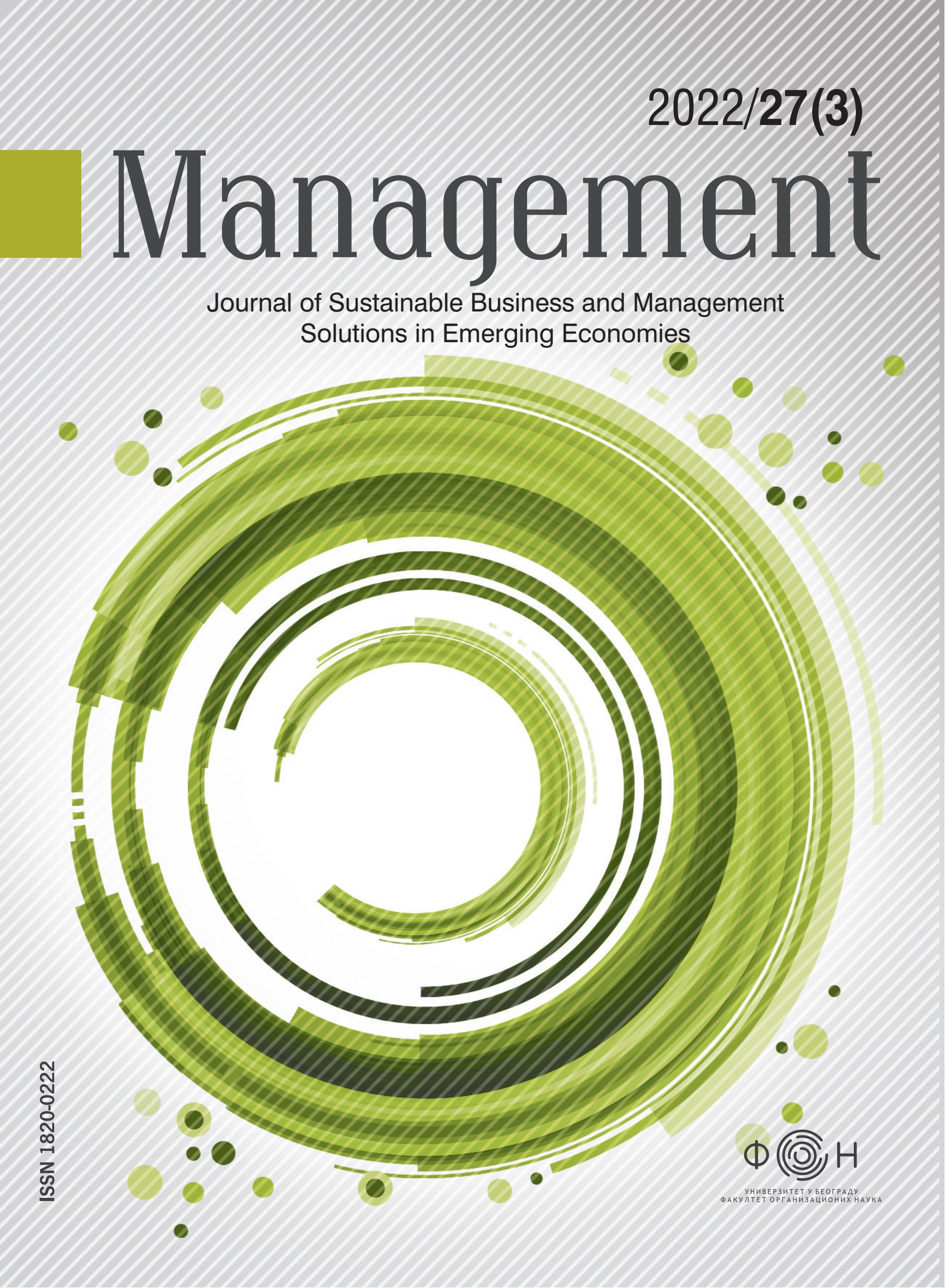The Spanish Tax System and Tax Policy in Spain in the Context of the Covid-19 Pandemic Framework
Author(s): Maria Supera-Markowska / Language(s): English
/ Issue: Sp. Issue/2022
Keywords: taxes; tax policies; Spain; Poland; COVID-19 framework
The purpose of this paper is to characterize the Spanish tax system and to present the main assumptions of tax policy in Spain in the context of the COVID-19 pandemic framework in order to formulate conclusions as to the desirable (or undesirable) directions of tax policy in other countries, including Poland in particular. In fact, the research hypothesis is that, to a large extent, certain changes in the Spanish tax system in 2021 may inspire the orientation of tax policies in other countries, especially in Poland. Spain, like other countries, had to face a need to modify its tax policy due to the effects and challenges that the pandemic period has created, but the Spanish tax policy was shaped in a completely different way than the Polish policy in the same pandemic circumstances. Obviously, it is necessary to take into account systemic differences in both countries, but these may also constitute a contribution to the determination of the desired directions of systemic changes, on the basis of the experiences from the pandemic period, which highlighted many – not only temporary – problems. The methodology used in the paper is a dogmatic-legal and legal-comparative method, taking into account the provisions of constitutional law and tax law, the body of literature and case law as well as some economic data. The results of the research is the formulation of some conclusions as to the desirable directions of tax policy taking into account the indisputable need for higher or additional tax revenues (necessary in the face of excessive fiscal indicators), but at the same time realizing the basic tax principles, such as, in particular, the principles of tax capacity, equity, simplicity and transparency and respecting the financial autonomy of regional and local self-government units. In fact, a responsible tax policy should be aimed at ensuring financial as well as environmental sustainability, while being relevant to the current times and their economic, technological and social realities, always in line with the fundamental principle of social justice and tax (economic) capacity. This means, in particular, that the increase in public burdens (if that may not be avoided for the implementation of the fiscal function) should affect carefully selected entities – those with a greatest tax capacity (e.g., tax payers with the highest incomes or the largest assets). On the other hand, it may serve important non-fiscal objectives (changing unfavourable dietary habits, countering speculative transactions, protecting the environment). At the same time, for these assumptions to have a positive effect, it is necessary to combat tax avoidance at its roots by building up the conviction among taxpayers that the tax system is fair, transparent and friendly, and for this purpose, it is necessary to be honest in the messages addressed to taxpayers about the foundations and assumptions of that system and to facilitate its practical operation in contacts with the tax administration. Finally, in the context of the fact that the fiscally negative consequences of the so-called Polish Deal are largely borne by local governments, attention should be paid to the Spanish system, in which regional and local governments have extensive tax authority, which allows them to "neutralize" tax decisions of the national legislator that are undesirable from their point of view and may threaten their financial independence or create excessive tax burden for their citizens
More...




